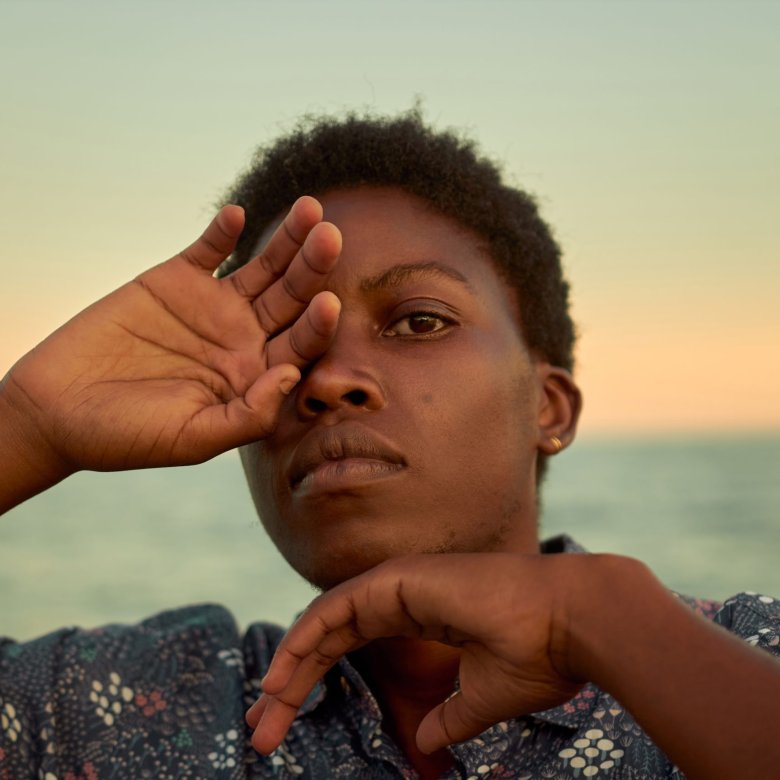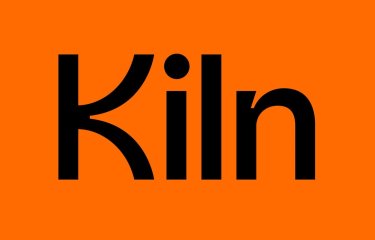Two students nominated for Association of Photographers awards
08 July 2024

Commercial Photography BA student Hannah Mittelstaedt and Photography MA (Online) student Linda Jarrett have picked up Association of Photographers (AOP) student awards in this year’s competition.
The awards, now in their 40th year, are some of the most prestigious in the industry and feature a top prize of £5,000 worth of camera equipment. We caught up with the two award winners to discuss their work and experiences as part of Falmouth’s photography community.
Hannah Mittelstaedt – At Home In My Body
Hannah received a silver award in the ‘People’ category for her project that portrays trans, non-binary, and gender non-conforming people in natural settings. Speaking about the project, Hannah told us: “This series conveys a sense of connection to one's true self and emphasises the emotional aspects of being at home in the most important place we’re supposed to feel at home: in our own bodies. These intimate portraits invite the viewer to connect to the subjects and to push back at the culture that denigrates them. Trans people are one of the most marginalised groups in society, and some politicians are trying to win points by vilifying them.”
She added: “They have been the target of a relentless stream of new bills banning trans-affirming healthcare and access to public bathrooms. Some legislation has even allowed for the removal of trans children from supportive parents. There is growing vitriol aimed at the trans community, and they have become a culture war issue in countries like the US, Canada, and the UK. This is a pivotal time in trans rights and a crucial time for engagement and documentation. In the future, people looking back at us will marvel at the bravery and resolve trans people showed to be exactly who they were and are.”
On the shoots, Hannah explained: “I am an international student, so I used a mix of locations in Falmouth and back home in Toronto, Canada. Many of the subjects were fellow students. I’m passionate about this project because it’s an important issue at a time when trans rights are being eroded.”
Hannah also recently featured in a video showing behind the scenes of her BMW photoshoot.
Linda Jarrett – Under Destruction
Linda’s project focused on a catastrophic fire that erupted in New Zealand’s Kaimaumau wetlands in 2021. She explained: “Destruction to an area such as this, which is significant for its ecological importance and as a vital resource for both nature and local communities, prompted me to shed light on the vulnerability of the wetlands, emphasising their environmental, cultural, and historical importance amidst imminent threats of wildfires and rising carbon emissions. To depict the real and re-imagined narrative of the Kaimaumau fire, which continued to burn for more than a year, I employed an approach that combines both literal and metaphorical destruction.”
On the shoot, Linda told us: “The images were shot in the far north of New Zealand, close to where I currently live. As access to the original fire site was restricted, I shot my images in adjacent forests and wetlands that were accessible, some of which had recent wildfires. I used a medium format analogue camera (Hasselblad) to shoot the images on black and white negative film, using several rolls of expired film to reduce costs and be more sustainable. I have a small darkroom and studio at my home, so I was able to process the film and work with destructive methods there.”
On her experimental approach, she told us: “Once I had developed the film, I scanned the negatives for possible future use and as a record as the original negatives were about to be destroyed. I then used fire to depict fire. This was achieved by using a candle flame and holding the negative over this using tongs and large bulldog clips, to burn parts of the negative at various intensities. This meant I was able to achieve different effects, such as yellowing, pink glows, bubbling of the emulsion, and soot. It was all very experimental, with some negatives completely curling up or burning right through, so the results were very much left to chance.”
She added: “I also collected plants and wildfire ash from the same areas to make a plant-based developer and create phytograms on 4 x 5 sheet film. These are similar to photograms, but no darkroom is required as plant material is dipped into the plant developer, placed on the film and exposed in the sun, then fixed.”
Comparing the project to her other work, Linda said: “This particular project was a continuation of the theme of destruction to the environment that I worked with throughout my online BA in Photography, and which I continue to work with on the MA Photography (Online). All the projects align with space as place and are carried out within my local area. In each of these projects, I have created the work using analogue and/or alternative photographic practices. I also work conceptually using site-specific materials, such as polluted river water for Polaroid Decays to represent the destruction to the river’s ecosystem, chlorophyll prints on plants that represented those being destroyed as part of a construction site, and of course, plants and wildfire ash for the devastating fire project.”
On how it links to her online Photography MA course, Linda explained: “Experimentation was a big part of the course, so I was encouraged to try something different. I was also introduced to many contemporary photographers, and new ways of working.. By considering their work, I was able to think about innovative ways of creating my own. Working conceptually also links with the theory and history aspect of photography introduced in the course.”
“The online nature of the course was (and still is) perfect for me. Living on the other side of the world means that I am able to study with Falmouth University whilst staying where I am, but at the same time be connected globally. The flexibility of the course also fits in with my other commitments, allowing me to continue to work and travel.”
On upcoming projects, Linda said: “I am currently working on two projects continuing with the theme of destruction and space as place. I am continuing to use analogue and alternative photographic practices as well as experimenting more with plant-based developers and extracted sea salt as I work towards a more sustainable practice. Materiality is important to me, so part of this work includes an exploration of different substrates and photographs as objects.”
A video showing Linda’s book that she made to curate her work on the project can be found here.




